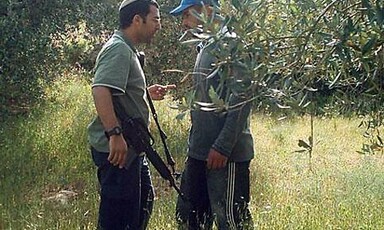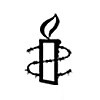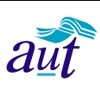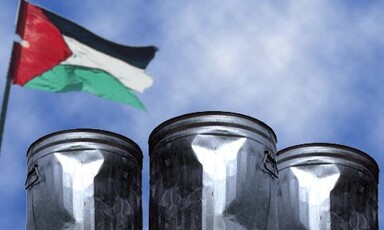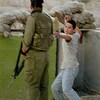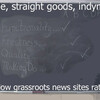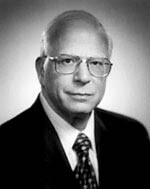
The Israel on Campus Coalition and the David Project: Sponsored by US oil and Israeli bank profits?
25 April 2005
The surplus oil industry wealth of the now-deceased former Samson Investment Company CEO is apparently being used to help subsidize the activity of the Israel on Campus Coalition (ICC) and its affiliated David Project. In 2004, for instance, the Charles and Lynn Schusterman Family Foundation — with assets of $100 million — gave a $1,050,000 grant to Hillel to support the Israel on Campus Coalition [ICC] project, according to its website. Read more about The Israel on Campus Coalition and the David Project: Sponsored by US oil and Israeli bank profits?

